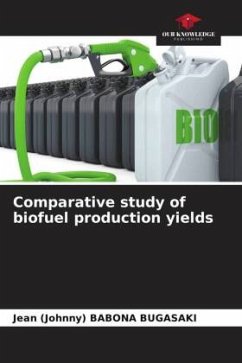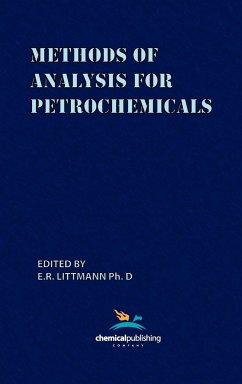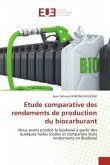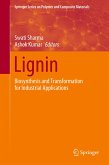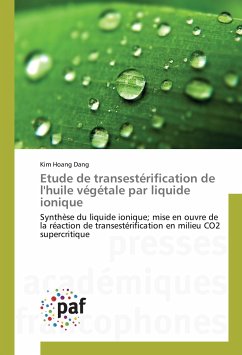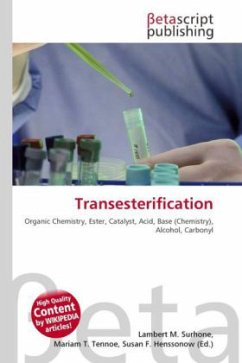The increase in oil consumption, the main source of fossil energy today, used largely by the transportation sector, means that its reserves are likely to diminish in the future. Thus, the dependence of consumer countries on producer countries will only increase. Moreover, transportation is considered the primary source of greenhouse gas (GHG) emissions, including carbon dioxide (CO2), a gas linked to climate change. These factors as well as the instability of oil prices have prompted politicians and consequently scientists to urgently find alternative sources to oil. The return to biodiesel, initiated and used more than a century ago by Rudolph Diesel (1858-1913), is one of the possible solutions. Biodiesel can be used in a conventional engine without modification and can be incorporated into fossil diesel to reduce GHG emissions. This book presents major interests on the ecological level, in addition to the capacity of oil plants to reduce the polluting emissions of GHG.
Bitte wählen Sie Ihr Anliegen aus.
Rechnungen
Retourenschein anfordern
Bestellstatus
Storno

